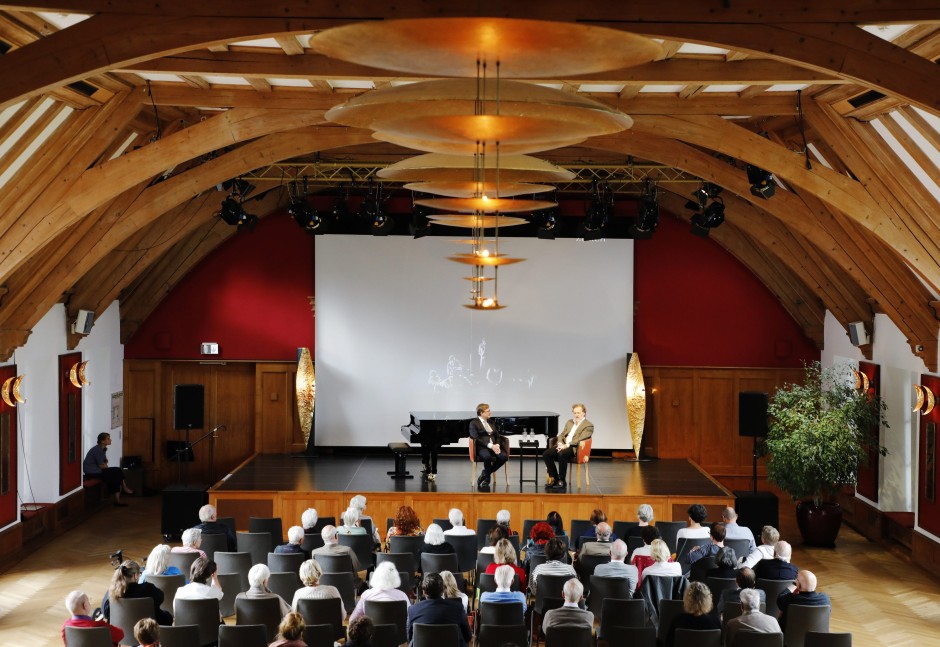WDuring the verdict, the accused Alexander M. pulled the corners of his mouth down. Hunched over, arms crossed most of the time, he occasionally bobbed his head, apparently expressing displeasure with the presiding judge’s remarks. The man who had harassed politicians, journalists and lawyers with threats in more than 80 cases and signed the letter “NSU 2.0” in memory of the right-wing extremist terrorist group almost looked like a defiant child who did not want to admit his guilt.
In the nine-month process, M. repeatedly gave different statements and contradicted himself. At the very end, he might even show some form of sympathy for individual victims, but he didn’t acknowledge the crimes.
The presiding judge Corinna Distler said to M. that he would have been entitled to act like he pretended to be in his letters: a steadfast German man. As such, he would have admitted to the deeds, according to Distler. “That would have helped the victims.”
Long last words of the accused
The Frankfurt Regional Court was able to observe the varied defense strategy of 54-year-old Alexander M., an unemployed IT technician, whom an expert characterized as socially isolated and highly intelligent during the trial. Actually everything was said. In one of the previous sessions, the accused had made his own plea and demanded acquittal.
The public prosecutor had summed up the many crimes that M. was accused of and requested a sentence of seven and a half years. Shortly before half past nine, the judge wanted to give the accused the so-called last word, but there were many words. “I still have 94 pages prepared,” he said. “I thought so,” the judge replied. Again and again she had to rebuke M. in the course of the proceedings when he approached witnesses in negotiations and reacted furiously.
M. then held a second plea. He accused the police of manipulating evidence. Prosecutors are said to have pressured the court to exonerate the police. Since the threatening letters did not contain public data and there were tips in the direction of the Hessian police, extensive investigations had been conducted. M. was convinced that he had been linked: he was in Darknet forums, only read the letters there – but neither wrote nor sent them.
The court does not accept objections
None of the objections were considered in the judgment. Even if there are many indications, some of which are not very strong on their own, from the Chamber’s point of view “overall” there was no doubt that Alexander M. was the perpetrator. The presiding judge Distler delved deeply into the investigations and surveys conducted during the 30 days of the trial.

















